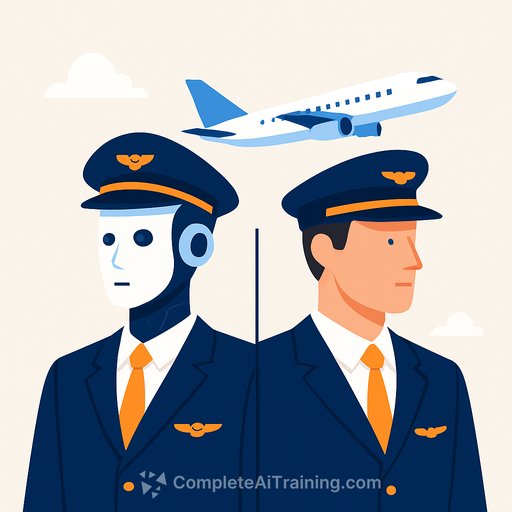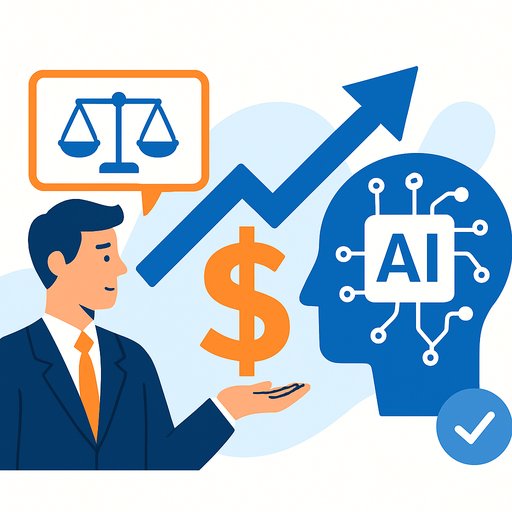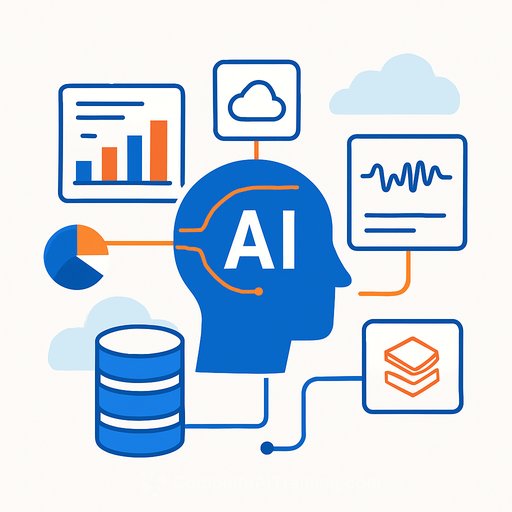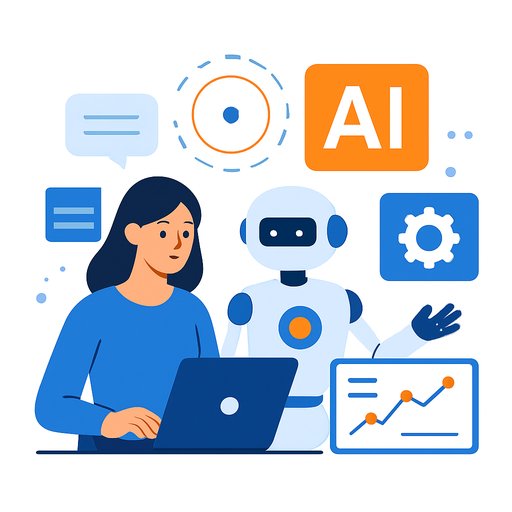AI On: 6 Ways AI Agents Are Raising Team Performance — and How to Measure It
AI agents are poised to take on a significant share of business tasks within the next three years. Collaborations between humans and AI agents could boost human focus on high-value work by up to 65%. These agents learn, reason, and adapt based on context and results, helping teams meet and exceed efficiency targets. As AI agents become central to business, leaders need to pinpoint where they add value and how to measure that impact.
1. Accelerating Software Development With AI Agents
AI agents serve as intelligent copilots in software development, automating code generation, testing, and deployment. By catching errors early, they increase code quality and speed up release cycles. They also help onboard new engineers by delivering AI-curated documentation and context.
For example, NVIDIA’s ChipNeMo team of specialized AI agents, trained on internal chip design data, helped 5,000 engineers save 4,000 engineering days within a year by assisting with design, verification, and documentation.
2. Driving Data-Backed Decision-Making
AI agents simplify extracting insights from complex and time-sensitive data, aiding critical decisions like investments and strategy. BlackRock’s Aladdin Copilot, an AI assistant used by thousands in financial institutions, offers portfolio insights and investment research through simple text prompts, cutting research time from minutes to seconds.
Similarly, VAST Data uses AI agents to gather and synthesize information quickly, providing up-to-date insights on client accounts.
3. Optimizing IT Operations
AI agents proactively monitor IT infrastructure and automate decisions to maintain smooth operations. In telecommunications, agents analyze real-time network data and predict service failures. Telenor Group, for instance, deployed autonomous networks configured by AI agents to meet the demands of 5G and beyond.
4. Streamlining Industrial and Manufacturing Operations
AI agents equipped with video analytics monitor assembly lines for quality and detect anomalies. Pegatron’s PEGA AI Factory platform accelerated AI agent development by 400% in four years. Their digital twin platform, PEGAVERSE, simulates and optimizes production lines virtually, reducing factory construction time by 40%.
Pegatron also cut labor costs by 7% per assembly line and defect rates by 67% by augmenting assembly with video analytics AI agents.
5. Enhancing Customer Service
AI agents manage thousands of customer inquiries simultaneously, cutting wait times and improving support availability. AT&T’s “Ask AT&T” AI solution, powered by large language models, offers 24/7 personalized responses and autonomously resolves routine questions by drawing from emails, meetings, and transaction histories.
6. Delivering Personalized Education
AI agents make individualized learning support scalable and effective, enabling instructors to focus on deeper teaching. Clemson University developed an AI-powered teaching assistant that guides students step-by-step through complex problems, encouraging critical thinking and academic integrity.
How to Measure the Success of AI Agents
Measuring AI agent impact is critical to maximizing their value. Success metrics should align with your specific goals. Here are key areas to track:
- Adoption and engagement: Monitor how many users interact with the AI and session frequency and length.
- Task completion: Track how many requests the AI handles and how many are resolved without human help.
- Productivity and efficiency gains: Measure time saved, such as faster IT issue resolution or shorter customer service interactions.
- Business outcomes: Link AI performance to financial results, like lower support costs or faster product launches.
- User experience quality: Ensure the AI is trusted and effective in delivering value.
Choosing the right combination of metrics upfront allows businesses to prove AI agent value and continually refine their impact.
For those interested in expanding their knowledge of AI tools and training, explore comprehensive courses and resources available at Complete AI Training.
Your membership also unlocks:





